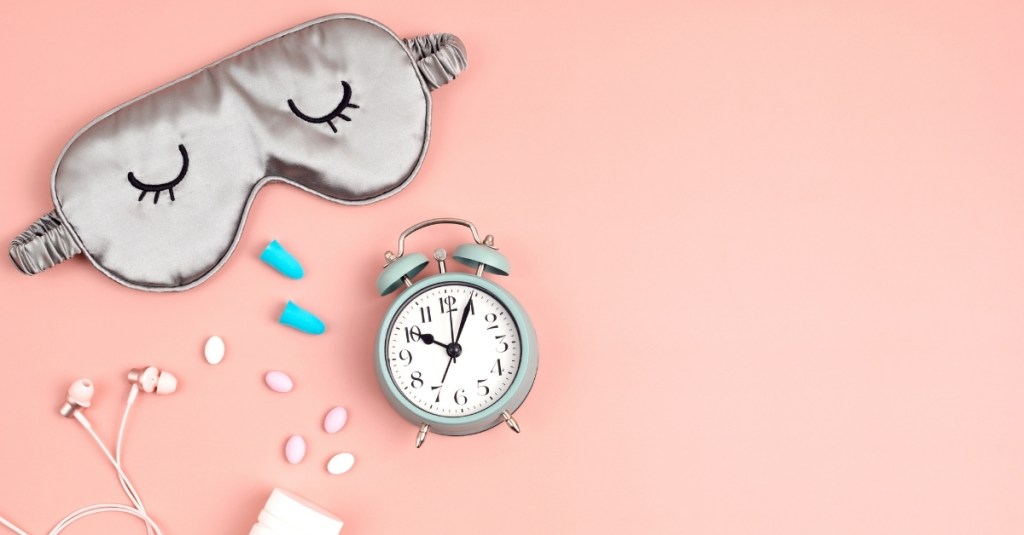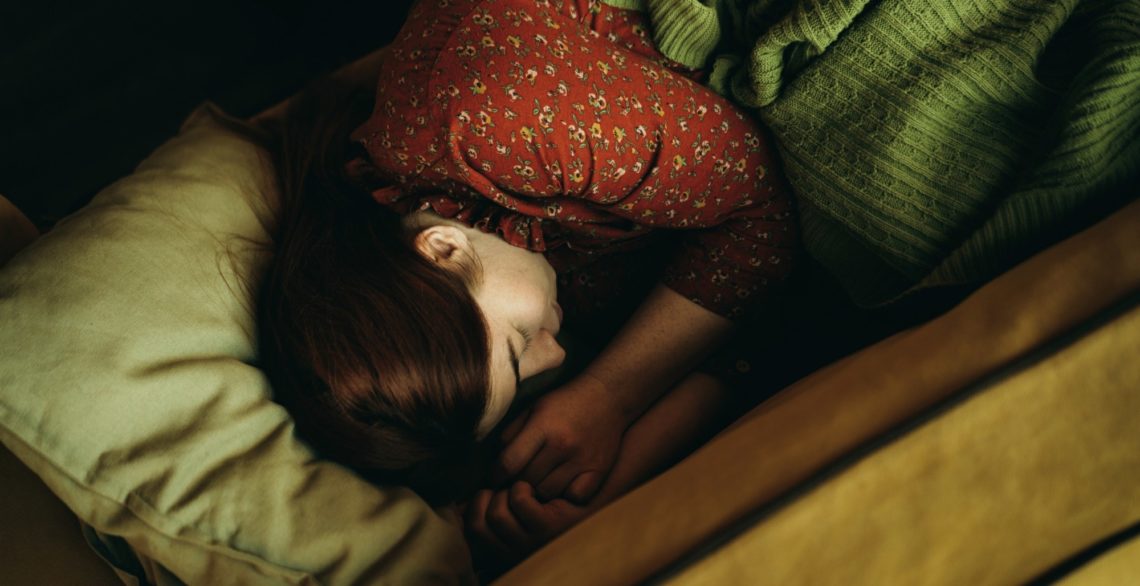Sleeping most of the day sounds like a dream for some people. However, for people with idiopathic hypersomnia, it’s more like a living nightmare. The rare neurological disorder forces them to sleep anywhere from 10 to 18 hours a day, leaving only a few usable hours before exhaustion takes over.
A study published in PLOS One analyzed hundreds of blog posts, videos, and social media entries from people living with the condition. Researchers wanted to understand what daily life looks like when almost all of it happens while unconscious. The accounts describe a constant cycle of exhaustion, long mornings spent trying to wake up, and a sense of losing entire years to sleep. “When there are only 12 wakeful hours in a day and a third is spent trying to wake up, there isn’t much time for anything else,” one person wrote.
Unlike for most people, sleep doesn’t bring any relief. Many patients describe feeling trapped in a fog that never clears. “No matter how much sleep I get, I never feel rested,” one wrote. Others talked about “automatic behavior,” where they perform tasks like dressing or eating with no memory of it later. Technically, you’re awake, but your brain isn’t registering much.

This Strange Sleep Disorder Keeps People Asleep for Most of the Day
People with idiopathic hypersomnia often face impossible choices. Some give up on careers or relationships that can’t survive their schedule. A few decide against having children, knowing they couldn’t stay conscious long enough to care for them. “When I had two children, I realized this was a whole new world of hell,” one patient wrote. “I wasn’t going to be able to keep up with life as it was happening around me.”
The only approved treatment in the U.S. is a nighttime oxybate, and access is limited. Other drugs are used off-label with inconsistent results. Many spend years fighting for a diagnosis while doctors dismiss their symptoms as depression or a lack of discipline. Women report being told to “get more exercise” or “manage stress.”
Researchers from Takeda Pharmaceuticals and the University of Wisconsin-Madison said current definitions fail to describe the reality. The problem isn’t falling asleep too easily—it’s never feeling awake. For most, each day is just a short window to survive.
The post People With This Rare Disorder Sleep up to 18 Hours a Day appeared first on VICE.




